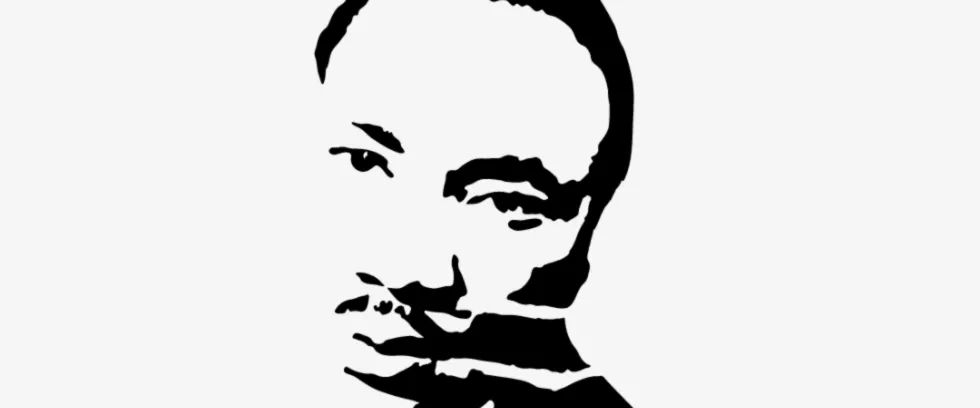- This Martin Luther King Jr Day (MLK), may we all remember the life and legacy of Reverend Martin Luther King Jr – a life and legacy that included a struggle with depression.
- How are structural fights against racism and white supremacy connected to individual and interpersonal fights with mental illness?
- What we can continue to learn from MLK as we heal.
This MLK Day, may we all remember the life and legacy of Reverend Martin Luther King Jr – a life and legacy that included a struggle with depression and suicidality. If you are interested in learning more about MLK Jr’s experience living and leading with depression, it is discussed in A First-Rate Madness: Uncovering the Links Between Leadership and Mental Illness by Nassir Ghaemi. Acknowledging the role that mental health played in MLK’s life does not function to weaken his legacy, explain away his decisions or behaviors, or sheath his existence in a cloak of tragic mystery. Rather, it nurtures a necessary connection between antiracism and mental health and deepens the discussion around who MLK was and how he shaped the civil rights movement.
There is much overlap and interplay between the mental well being of individuals, the quality of relationships between individuals, and the operational health of our structures and institutions. While there is no singular theory on community organizing, a point of agreement for many is the importance of building sustainable and dignified relationships. Without a supportive network, individuals might begin to feel burnt out or unable to see themselves and their purpose in the work. Without dedicated individuals, people-power is diminished, and the capacity to engage in efforts towards creating the world as it should be are weakened. MLK’s leadership and personal sacrifices towards changing harmful structures like racism and white supremacy were emboldened by his ability to involve others and to create loving community. There is still so much work to be done. To do this work sustainability, we must also care for ourselves and for one another.
Below are a selection of quotes from MLK. Read them and ruminate on how they might be connected to your own mental health journey. What can we continue to learn from MLK’s legacy as we go on our own healing journeys?
- “Let us realize the arc of the moral universe is long but it bends toward justice.”
- “The ultimate measure of a man is not where he stands in moments of comfort and convenience, but where he stands at times of challenge and controversy.”
- “Let us not seek to satisfy our thirst for freedom by drinking from the cup of bitterness and hatred.”
- “Darkness cannot drive out darkness; only light can do that. Hate cannot drive out hate; only love can do that.”
- “Forgiveness is not an occasional act. It is a permanent attitude.”
- “We must learn to live together as brothers or perish together as fools.”
What do each of these quotes arouse for you in your own thoughts, feelings, reflections? How can you find your own way of nurturing wellness for yourself and wellness for your community and your world?

Author: Anton Babushkin, PhD
Looking for a Therapist? Start My Wellness has highly experienced Licensed Therapists that are currently accepting new patients.


